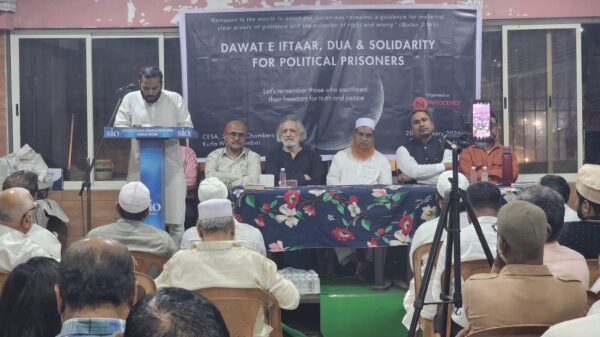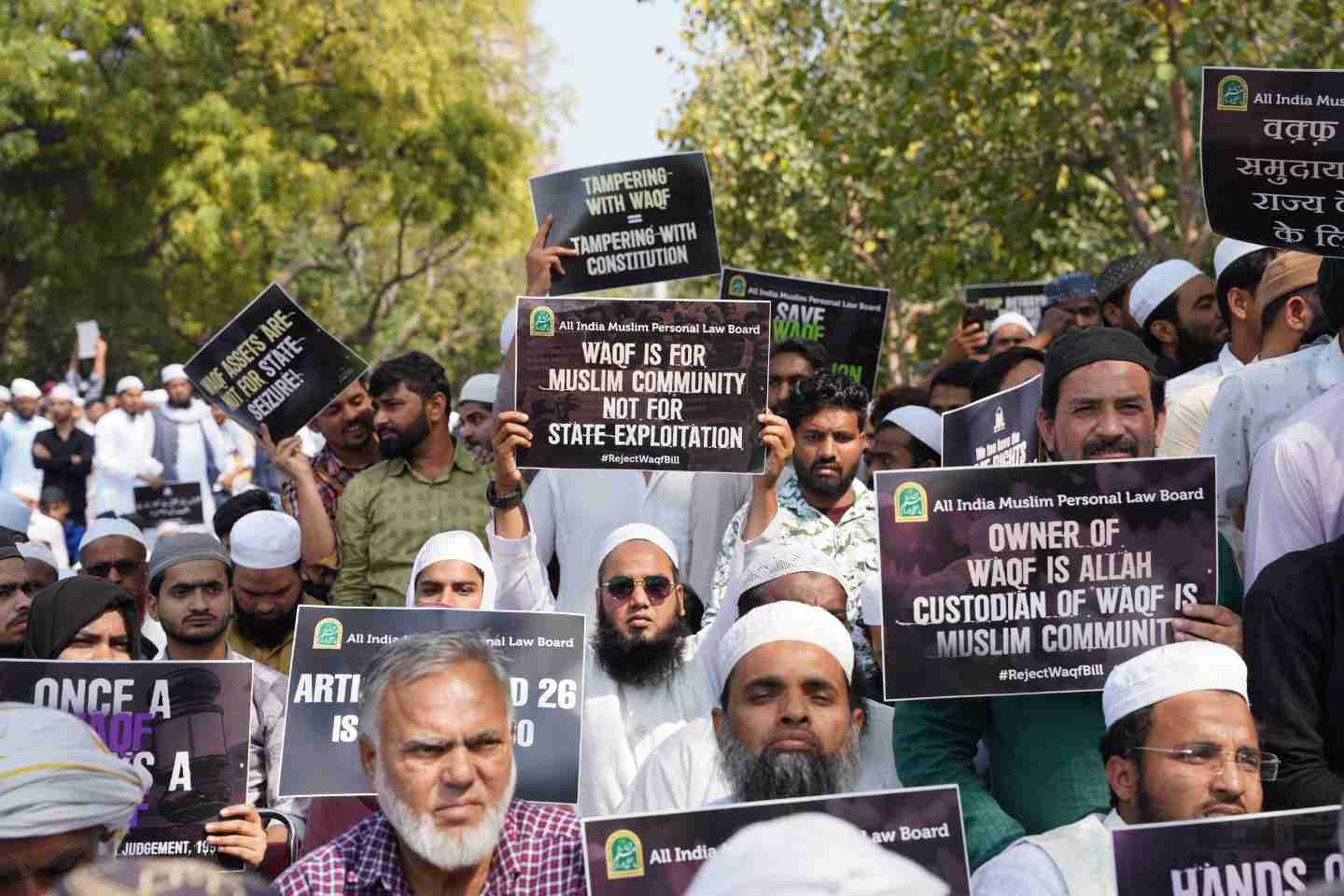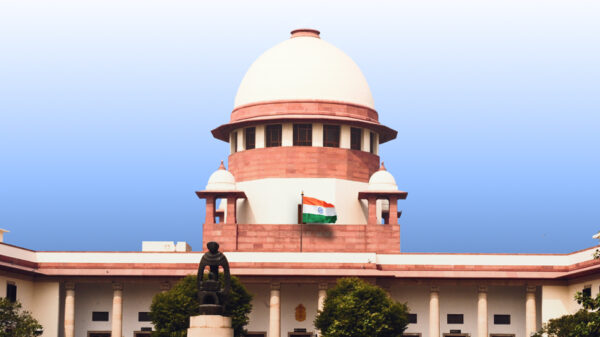The Centre on Tuesday filed a caveat in the Supreme Court, requesting that no order be passed without hearing its side on the pleas challenging the constitutional validity of the Waqf (Amendment) Act, 2025.
A caveat is a legal measure that ensures no decision is taken by the court without hearing the party that files it—often used to preempt ex-parte orders.
Over ten petitions have already been submitted to the top court, including by political leaders, the All India Muslim Personal Law Board (AIMPLB), and Jamiat Ulama-i-Hind, arguing that the new law is unconstitutional and discriminatory.
Senior advocate Kapil Sibal, representing Jamiat Ulama-i-Hind, had mentioned the matter before a bench led by Chief Justice Sanjiv Khanna on April 7. The Chief Justice assured that the petitions would be considered for listing.
While the Supreme Court website does not yet reflect any official listing, sources indicate that the case may come up for hearing on April 15.
The Waqf (Amendment) Bill, 2025 was passed by Parliament earlier this month amid heated debate and was signed into law by President Droupadi Murmu on April 5. The legislation, which its critics claim undermines the autonomy of Waqf institutions and imposes sweeping central oversight, has been a flashpoint in recent political and community discourse.

































































